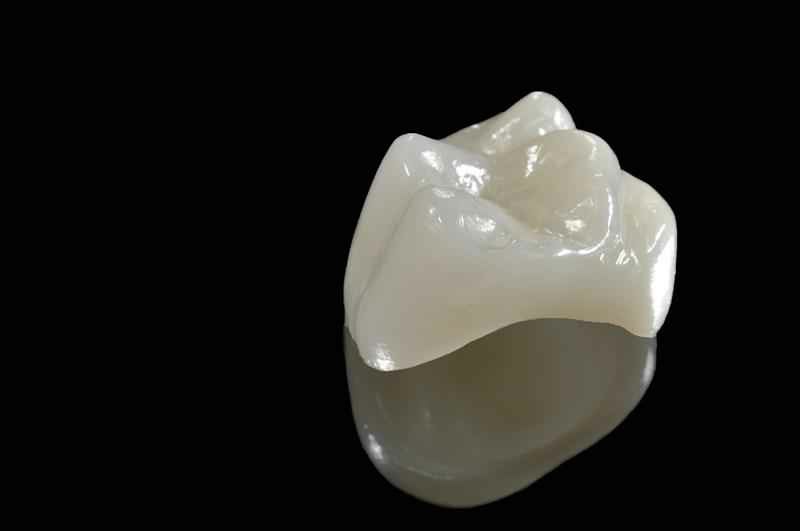Crowns
Dental crowns or caps as its sometimes called are fixed prosthetic restorations.
They are made for various reasons:
Protection of a weak tooth.
Restoration of a broken tooth.
Prevent a cracked tooth from breaking further.
Support a tooth that has a large filling.
Crowns are custom made to bring a tooth back to its original shape, colour and size.
There are variety of materials that can be used. But for its aesthetics, biocompatibility, functionality, durability as well as its resilience- Dr. Kathrin’s preferred go to choice is a ceramic crown.
They can imitate natural characteristics of teeth best and can even transmit light like normal /natural teeth.
For patients who suffer with sensitivities to chemicals or metals, this is the best option moving forward.
For the tooth to be crowned, we will book you in for 2 appointments:
On the first visit, the gums surrounding the tooth will be anaesthetised should you wish local anaesthetic.
Alginate impressions are taken as a template for the temporary crown.
The tooth needs preparing, the outer and the biting surfaces will be conservatively reduced to create room for the ceramic crown to be placed.
A silicon impression and bite registration on the tooth is taken and the tooth will be temporised.
The impression along with the bite registration is then sent off to a dental laboratory of Dr. Kathrin’s choice for the crown to be made up. This usually takes 2-3 week for the laboratory to make up the ceramic crown, depending on the material we choose to use. Zirconia crowns need more time then porcelain crowns.
On the second visit, the temporary crown will be removed and the tooth cleaned. The new ceramic crown is placed on tooth and it is then checked for shape, colour and bite – and if need be adjusted – before it is permanently cemented or glued into the tooth.
